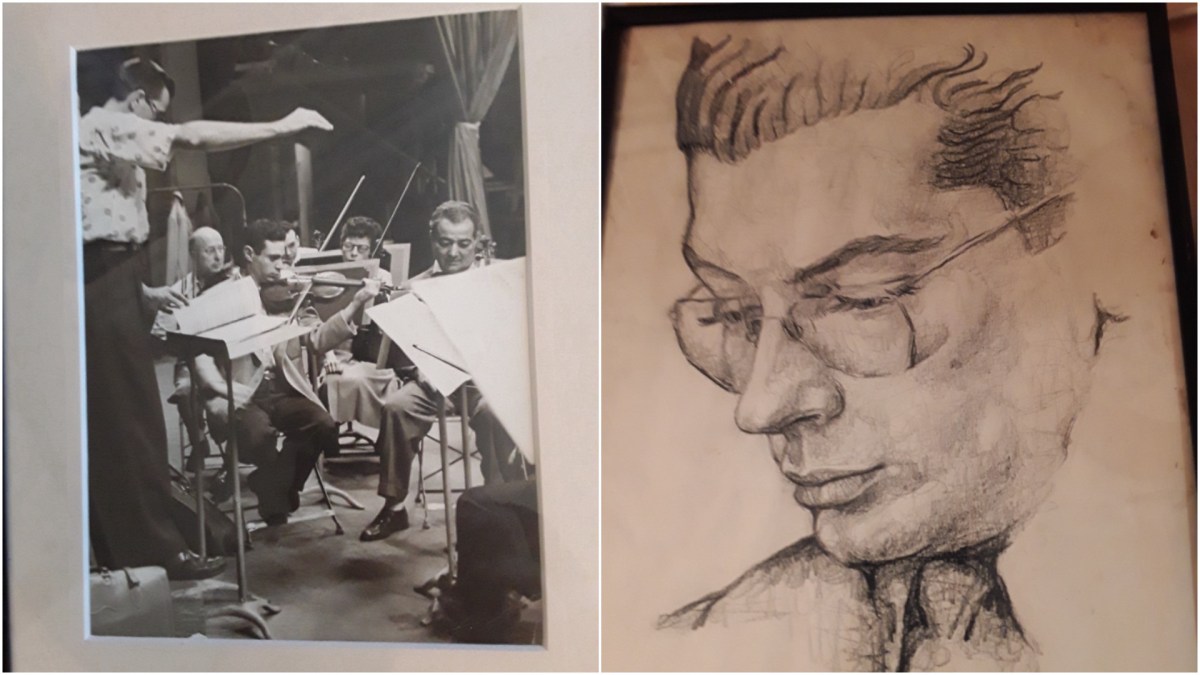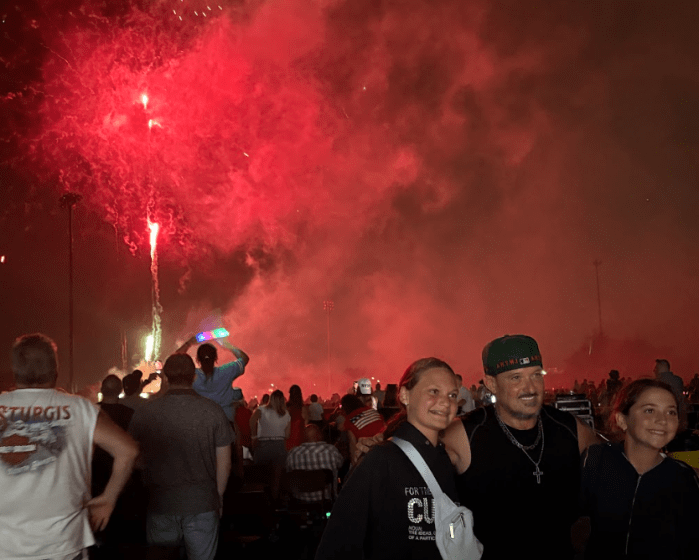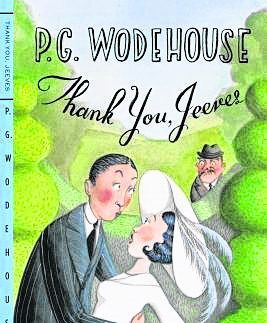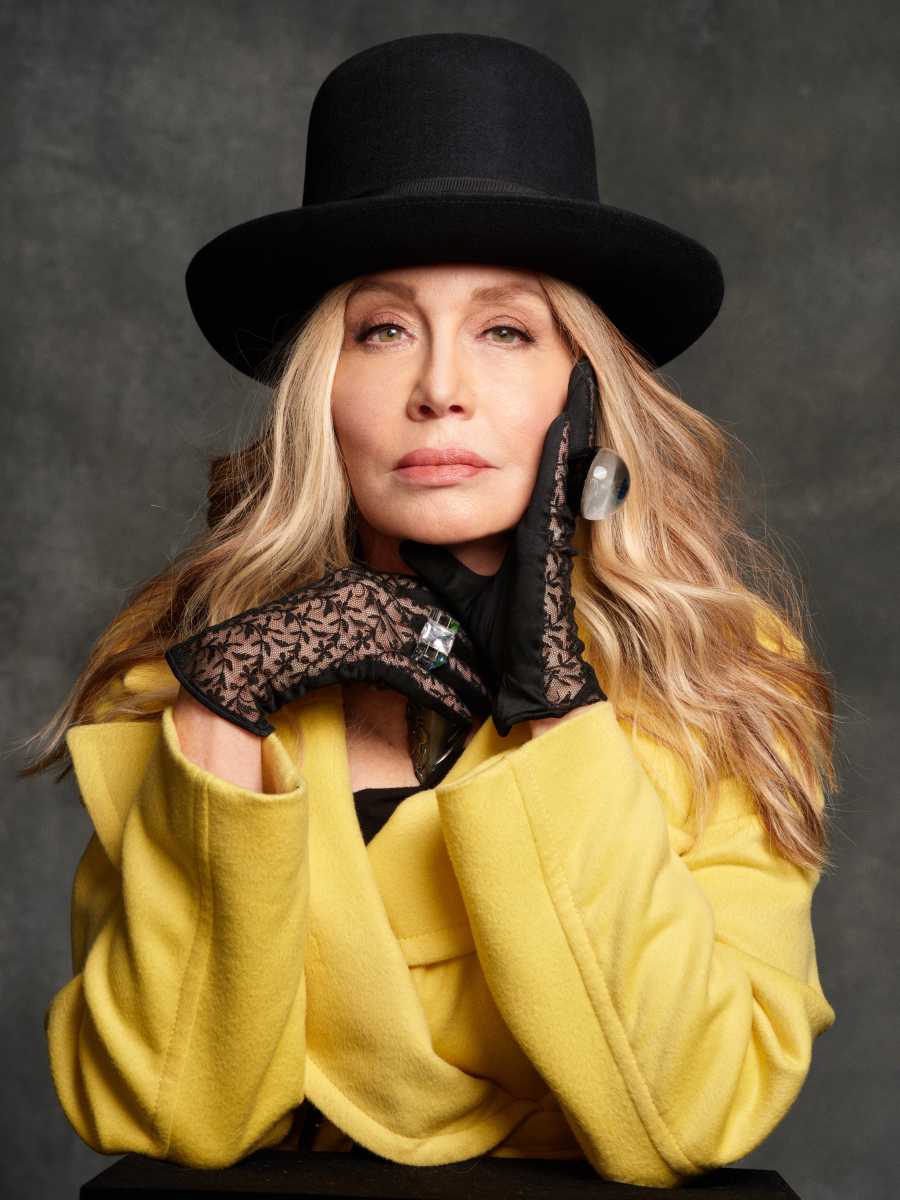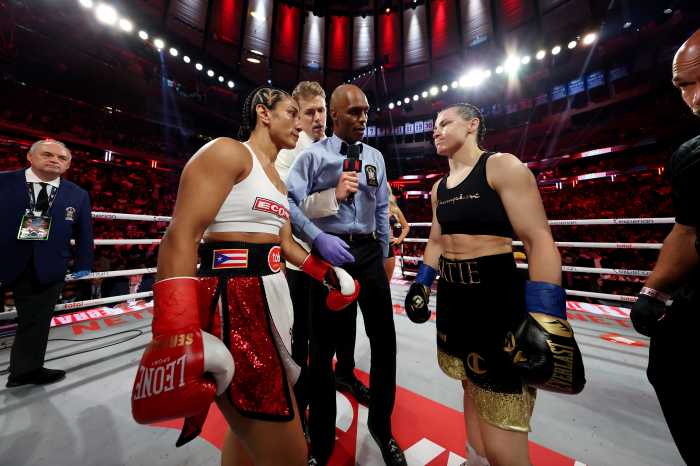For many people, November summons up memories of Thanksgiving preparations — shopping, organizing, cooking, and decorating the table — all for the big reveal: the feast. Others, instead, cherish thoughts of loved ones who are no longer here to celebrate.
Ralph Norman wasn’t well known, because his contributions took place out of the limelight. As an arranger for popular bandleader Maj. Glenn Miller, his stylings of standards by crooners like Bing Crosby drew praise and lifted the spirits of American soldiers defending Europe against the dictator Adolf Hitler’s World War II onslaughts — and brought hope to civilians in America listening to the radio.
When the war ended, Wilkinson returned to the States. An in-demand composer, conductor, and arranger, he moved his family from their Elmurst, Queens apartment to a new Levitt home in the Roslyn Country Club development.
It was the site of many celebrations, including his birthday each Nov. 8 — but Thanksgiving was always his favorite. He was my father, Ralph Norman Wilkinson.
LONGHAIR TO LATIN
Born in Brooklyn in 1912, Ralph Norman Wilkinson was a gifted pianist from a young age. He graduated at age 22 with a Bachelor of Music from Oberlin Conservatory of Music in Ohio. Although his training emphasized classical music, he could seamlessly segue from a Bach fugue to a Latin jazz number. Because of his versatility, upon his 1934 college graduation he became a staff arranger for CBS Radio in Manhattan, in those pretelevision years of live broadcasts. He also freelanced as an arranger for the 1942 Broadway show, Irving Berlin’s This is the Army.
During World War II, in 1943 Maj. Miller drafted Wilkinson to be an arranger and assistant conductor for the 60-piece U.S. Army Air Force Band in the U.S. and later in England. Wilkinson, who was then known as Ralph Norman, was praised, notably his charts for Summertime and Stormy Weather. One reviewer called Wilkinson’s Stardust arrangement “one of the finest interpretations ever by this or any other orchestra.”
Luxury liners the Queen Mary and Queen Elizabeth became troop ships carrying up to 15,000 soldiers. Wilkinson shipped out with the band, bidding farewell to his pregnant wife Evelyn Wilkinson, in June 1944. He was in Paris when their daughter — I — was born in 1945.
One letter sent to his wife from across the Atlantic described wartime separation: “I love you and I miss you like hell and I want to put my arms around you and I want to hold your hand in a movie and I want to toast you with a Manhattan or two or three and I want to sit under a tree in Elmhurst on a Sunday afternoon and let you fall asleep in my lap…”
MIDNIGHT WRITER
After the war, Wilkinson was hired as a staff conductor for ABC Network television programs, composer/conductor for CBS-TVs’ United States Steel Hour, and chief arranger for NBC-TVs Bell Telephone Hour. In the 1950s he also arranged songs for Frank Sinatra and other major performers including Benny Goodman, Robert Goulet, Pat Boone, and many more, working out of his home studio.
For each U.S. Steel Hour production, Daddy would compose nonstop for several days before the live broadcasts. My room was down the hall from his studio, which was soundproofed — but the notes from the Steinway baby grand would spill out. I would fall asleep hearing him struggling, experimenting, searching for the right melodies, chords, rhythms and tempos to fit a carefully timed show. On broadcast day, Mom would drive him into Manhattan as he pulled last-minute notes from his imagination, inventing and revising.
In the 1960s, he retired from network TV and taught at City College of New York, Columbia University, and Roslyn High School, where he also conducted the chorus and orchestra for 10 years. His student there, Larry Tarlow, who went on to become principal librarian at the New York Philharmonic, told Sid Cassese of Newsday, “He was an inspiration to me. This was a man who had cut his teeth in the commercial music business, and he knew what he was doing.”
Wilkinson was Bayside Glee Club’s music director and conductor for 10 years and choirmaster for the Floral Park United Methodist Church for 11 years.
A MODEST MUSICIAN
Daddy had an irreverent and childlike sense of humor and especially loved limericks. He was the one who always came running to help. He had the patience to teach me the nuances of piano, voice, and performance when I studied music. He knew how to turn a phrase, be it musical or literary, and could examine all sides of an issue, which led me to gravitate to journalism. And he cheerfully washed the stacks of pots and pans his wife would use to make gourmet meals. He loved starches, gravies, rich sauces, ice cream, and chocolate; of course, he loved Thanksgiving.
He was working on an arrangement for the Philharmonic several months before his death in 1990 at age 77.
To listen to Ralph Norman Wilkinson conducting the live orchestra performing his music from the U.S. Steel Hour’s “The Two Worlds of Charlie Gordon,” starring Cliff Robertson in February 1961, visit the UCLA Film and Television Archive, at cinema.ucla.edu/collections/ussteel/clips/two-worlds-charlie-gordon.




